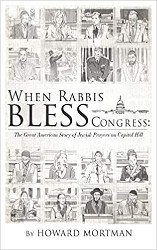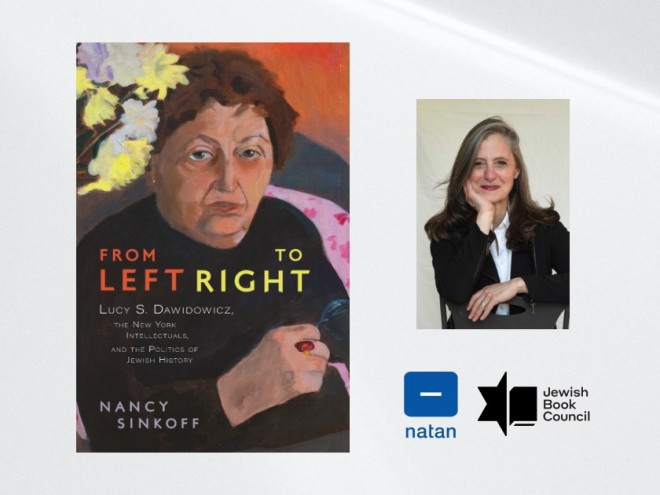Herbert F. Weisberg, a professor emeritus of political science at Ohio State University, has written an incisive and interesting analysis of one of the great conundrums of American Jewry. For over a half century, political scientists, sociologists, and historians have attempted to explain why — despite their rapid ascent up the economic and social ladders — American Jews have remained a left-of-center voting bloc. (At the same time, other writers have periodically predicted an imminent rightward-shift of the American Jewish political profile, only to be disappointed.) Weisberg’s volume is the latest contribution to this body of literature; it is a careful analysis of recent survey research on the response of Jews to a host of political figures and issues including abortion, Israel, immigration, affirmative action, gender roles, and government spending.
The title of Weisberg’s last chapter, “The Politics of Tradition,” is an apt heading, since voting Democratic has long since been the norm for Jews. In 1932, sixty-eight percent of Jews voted for Franklin D. Roosevelt and, in 2016, more than three-quarters of a century later, seventy percent of Jews voted for Hillary Clinton. This trend, Weisberg writes, is based on the fact that Jews “have prospered under the policies and economics of a liberal, pluralistic society[,] and that it is much safer to maintain their political allegiances than to take the risks inherent in moving to a less-regulated economy and to more culturally conservative politics.”
Weisberg makes use of past explanations as to why commitment to the Democratic Party has become part of the DNA of American Jews to puzzle through current statistics. Theorists have boiled it down to three things: identity, interests, and values. Keeping these in mind, Weisberg points out, it is not surprising that Jews would look askance at a Republican Party in which evangelical Christians were seeking to elevate the place of Christianity within American politics. Nor is it unusual that Jews, who by and large still see themselves as a vulnerable minority, would be attracted to the Democratic Party, which seems more sympathetic to the plight of undocumented Hispanic immigrants.
There is, however, a significant minority of Jewish conservative voters. Many are from within Orthodox enclaves in New York and New Jersey, or are immigrants from Israel and Russia. Weisberg believes that these dissenters currently comprise anywhere from one-fifth to one-quarter of the Jewish electorate, and that their numbers could increase. But any substantial change will occur quite slowly, he says, “because liberal politics and Democratic partisanship have become embedded in most Jews’ social identity as Jews.”
Left unstated in Weisberg’s thoughtful analysis of the American Jewish political profile is the significance of the topic. Is there such a thing as “the politics of American Jews”? Polling indicates that Jewish-interest issues abroad have been far less important in determining how Jews vote than domestic issues, particularly those involving the state of the economy. And, as the Jewish population has shrunk percentage-wise in the United States, so has the importance of their votes. Jews no longer comprise key voting blocs in states with a large Jewish presence; Florida, the quintessential battleground state, is the only exception. This is not to say that Jews are unimportant in American politics. While their significance in voting has declined, they continue to have key roles in fundraising, media, and political advocacy, but their participation differs little from that of other Americans.




